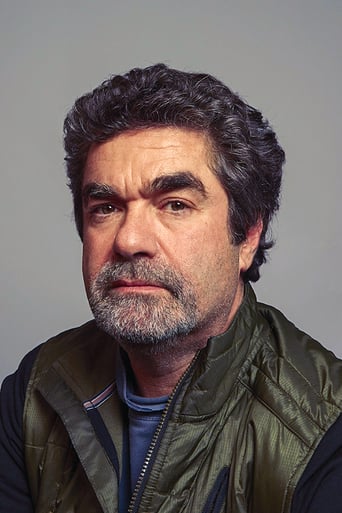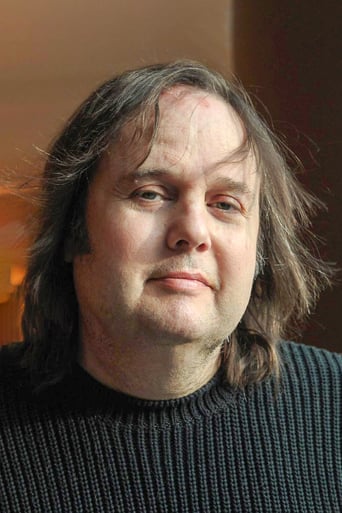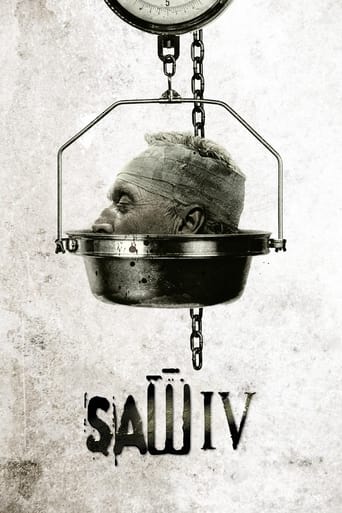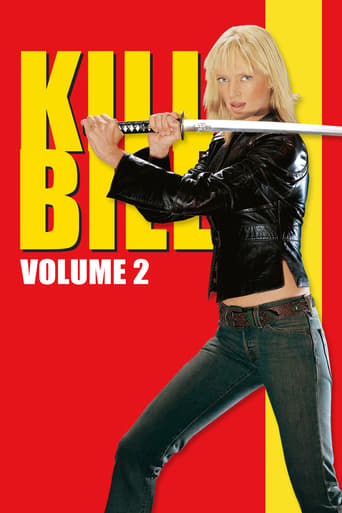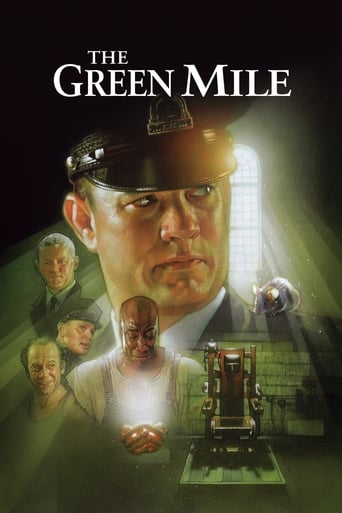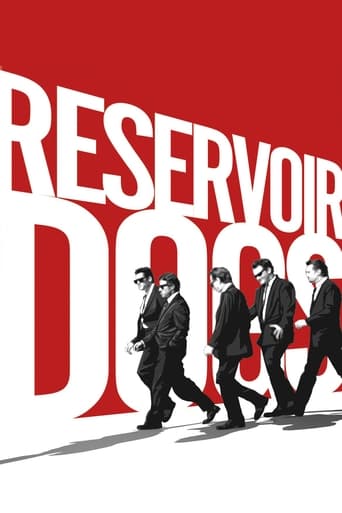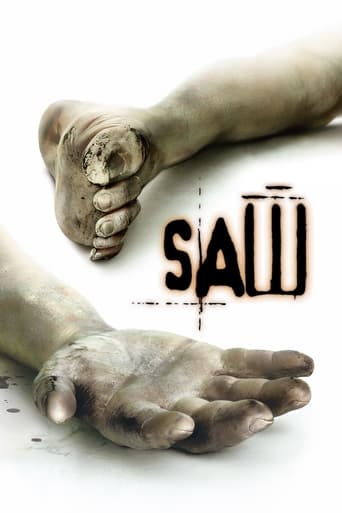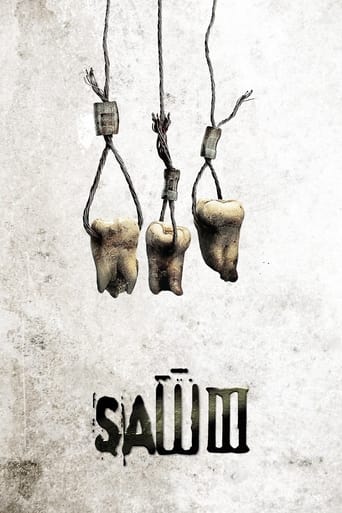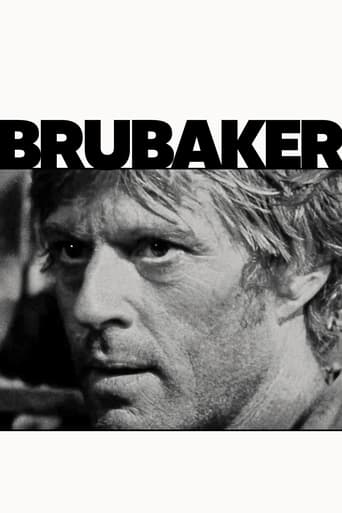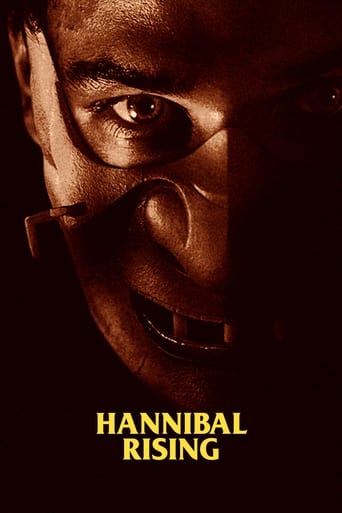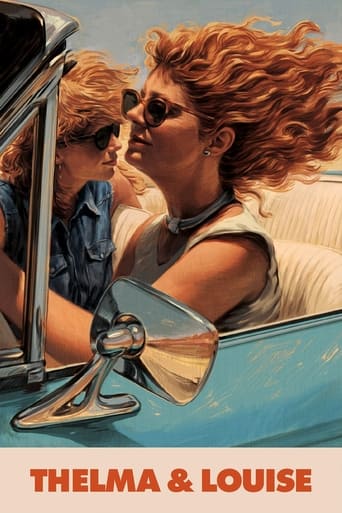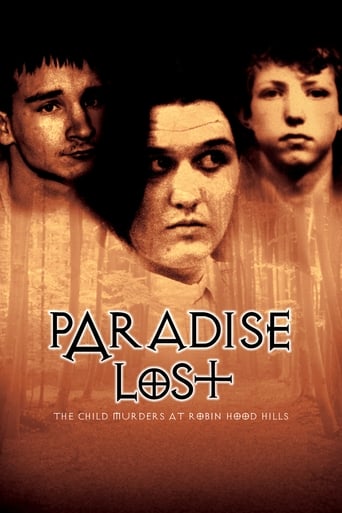
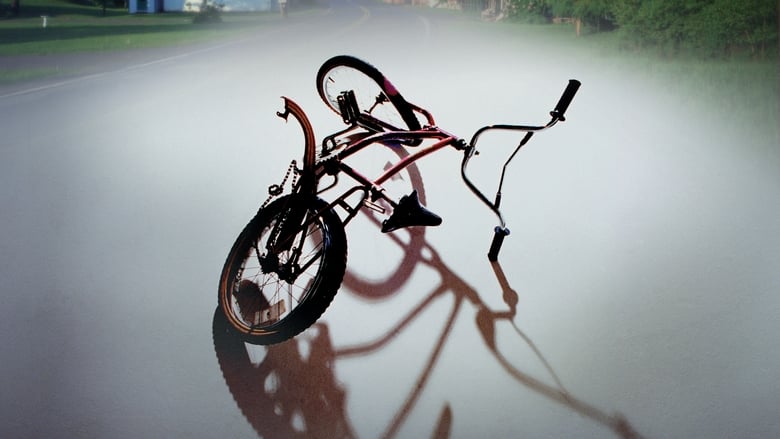
 Watch Now
Watch Now




Paradise Lost: The Child Murders at Robin Hood Hills (1996)
 Watch Now
Watch Now




A horrific triple child murder leads to an indictment and trial of three nonconformist boys based on questionable evidence.
Watch Trailer
Cast


Similar titles
Reviews
As Good As It Gets
The film creates a perfect balance between action and depth of basic needs, in the midst of an infertile atmosphere.
The best films of this genre always show a path and provide a takeaway for being a better person.
The story, direction, characters, and writing/dialogue is akin to taking a tranquilizer shot to the neck, but everything else was so well done.
With the recent release of the closing chapter to the trilogy, Paradise Lost: Purgatory (2011), and the Peter Jackson-funded West of Memphis (2012), it seemed a perfect time to re-visit the original HBO documentary that focused on the original trial of the accused now known as the West Memphis Three. Knowing now that they have only recently been released in 2011, the first thing that shocked me about the first film was realising it was made way back in 1996, and the trial was back in 1993. I was 8 in 1993, and I cannot imagine the torment that Damien Echols, Jason Baldwin and Jessie Misskelley, Jr. went through, spending almost twenty years in prison for a crime they did not commit. Paradise Lost is still as utterly sickening as it was when I first viewed it over five years ago.The question here is not if these three were innocent of this hideous crime - you can make your own mind up about that - but it is how can three teenage boys be sentenced to life in prison (and the death penalty for Echols) with not a shred of evidence against them? The irony is that these murders were believed to be the work of satanic sacrifice, but the West Memphis Three were condemned to a modern day witch-hunt by ignorant townsfolk terrified of them because they wore black and refused to blend in with the dungaree-wearing hicks in their dirt-poor neighbourhood. It seemed like everyone was against them, eager to lay the blame on something they simply did not understand. Judge David Burnett highlighted the need for evidence of a motive, so the answer was to get 'expert' testimony from a man with a mail-order PhD in the occult. When his lack of qualifications is highlighted by the attorney representing Echols, this is dismissed without a second thought.Film-makers Joe Berlinger and Bruce Sinofsky were granted unlimited access to the entire trial, so as a documentary, it is incredibly detailed. After the uproar this film caused, this access was quickly denied for the sequel, no doubt they were terrified that more shameful misconduct would be unearthed. Interviewers are given by the parents of the accused and of the three murdered boys (Christopher Byers, Michael Moore and Stevie Branch), and their emotion is laid out raw. Special attention is given to John Mark Byers, stepfather to Christopher, who handed the film-makers a hunting knife stained with blood as a present, which was quickly handed over to the authorities. Byers is a strange and often terrifying character, pumping bullets into a target and stating his wishes that he could do the same to the three boys on trial. It is easy to find yourself thinking that he must be the real killer, but as the trilogy of films progress, I learned that appearances can be deceiving, and that I was guilty of the exact same thing that led to the imprisonment of the West Memphis Three.This is powerful stuff, provoking more emotion than probably any other film I have ever seen. The atmosphere is extremely gloomy, right from the get-go when we see crime scene footage of the young boys hardened corpses lying naked in the woods. It certainly doesn't pull its punches, and Metallica's magnificent soundtrack, the first time they have ever allowed their music to be used in film, only adds to this. But ultimately, it's the story itself that proves to be the most powerful aspect. They were guilty from the moment they came to court - these sullen kids with their black clothes and long hair. Individuality doesn't go down well in the Bible Belt, it would seem. As each heavily flawed accusation flies at Echols, Baldwin and Misskelley, you must simply watch and grit your teeth. This is a truly terrifying story and also one full of tragedy, both for the young boys who were murdered and for the three that were the fall guys swept up by an almost neo-Nazi institution.www.the-wrath-of-blog.blogspot.com
In the spring of 1993 three pre-teen boys were murdered near West Memphis, Arkansas. This documentary focuses on the three young boys who were accused and tried for the murders. I had a lot of trouble with this film. One of the things that makes it unusual is that the filmmakers were given incredible access to most all the people involved, from the accused, to the legal teams, to family and friends, even to the judge. We are even given behind-the-scenes looks at defense strategy sessions. All of the participants agreed to be filmed. This special access is all well and good, but it is well known that people behave differently when they know they are being filmed and I question how much of an impact the filming actually had on the trial. Are we seeing people's real reactions, or are we seeing performances--the whole affair has the feeling of being scripted. This question of performance for the camera is particularly relevant for Damien Echols, the accused that the film concentrates on. In one scene we see him preening before a mirror. The step-father of one of the murdered children actually turned over a knife to the film crew that was ultimately submitted as evidence! It is not good when those reporting on a story become part of the story.The film is slanted toward making a case for the fact that the accused boys were wrongly convicted. I don't know how long the trials (one boy was tried separately) went on, but what we are given cannot be but a small percentage of what was presented to the jury. So many things were not covered that I began to feel that the biases of the filmmakers were dominating the proceedings. From what is presented I would not have been able to find the boys guilty beyond a shadow of a doubt, but I felt that I was not given enough information to make a definitive decision.So many questions were unanswered. It seemed clear that the murders took place in a location other than where the bodies were found. How far was that location from a road from where it would have been convenient to carry the bodies. What was the relationship among the three accused? It was stated that one of them had an IQ of 72; could that guy have been a good friend to the other two seemingly intelligent guys? Was he a good enough friend to be trusted to remain silent? Were alibis checked out? Was the evidence connecting the accused boys to the crime really as tenuous as shown? And so on.Out of respect for the dead shouldn't we have been told at least something about the victims? The only role they played was to have their horrible deaths exploited by the sensational trial, the media, and by the filmmakers. Instead of a reasoned narrative to provide initial background the audience is first hit with shocking footage of the crime scene where lay the three naked young bodies. I immediately began to wonder if the filmmakers were more interested in shocking us than in objective story telling. Later we are shown a close-up photo of the castration perpetrated on one of the victims--was that necessary?I thought the Metallica soundtrack set the wrong tone, totally at odds with the gravity of the events being covered.
On May 5, 1993, three second graders, Stevie Branch, Michael Moore, and Christopher Byers, were reported missing and were later discovered murdered and mutilated in a small section of woods in West Memphis, Arkansas. Soon after, three teenagers, Damien Echols, 18, Jessie Misskelley Jr., 17, and Jason Baldwin, 16, were arrested for the murders and put on trial.Why were they arrested? Because they were outcasts in a way. They were the strangest of the strange, and had been arrested in the past for vandalism and shoplifting. Misskelley was the first to be tried and interrogated, and with an IQ of about 72, it was safe to say the story would be jumbled and a little shaky. The actual confession from Misskelley, which we are grateful enough to hear, is full of inconsistencies (for instance, saying the murders were committed in the afternoon, then later in the evening). Miskelley was tried separately from the other two boys, and received life plus forty years in prison.The next trials were of Damien Echols and Jason Baldwin, whom were tried together. It seems Echols was tried on personality and interests more than hardcore evidence. Echols appears to be an intelligent young man who has developed a fondness for wearing black, listening to Metallica, and practicing the Wicca religion - a religion where one has love for the world and the environment.Paradise Lost: The Child Murders at Robin Hood Hills is an excellent journey through a suspicious case and three convicted men who may not deserve to be. What is truly astonishing is how much filmmakers Joe Berlinger and Bruce Sinofsky were allowed to film. They seem to have been present the entire trial, day in and day out for both. We get footage I'm not sure we're even supposed to see.The interviews with the parents of the boys are haunting yet understandable. One parent says that the day the boys die he will spit and release other bodily functions on their graves. He curses the day they're born and the mothers who birthed them, as well. The other parents are stunned and saddened, some not even feeling sympathy or sorry for the three boys of the tragedy. They are far too consumed with sadness, lost, and pessimism to care.One other thing the film does very well and without apology is it shows us the inner-workings of the legal system. The case seems to be judged entirely on subjectivity and first impression. If I were to see only pictures of the three boys, without hearing a word of them I'd probably believe they did commit the murders. After hearing their pleas I can't say that I do any longer.The most convincing boy is Echols. Baldwin rarely gets any camera time, and when he does, he speaks entirely in soft-spoken fragments, yet still projects believability to his claims. Misskelley is a big confusing in his statements, but it's understandable. Not only he is slow, but he's put under an immense amount of pressure obviously making it worse.I concluded Paradise Lost with three emotions in my system; confusion, frustration, and optimism. Confusion because of what just unfolded in front of my eyes. This is a very long documentary and makes you take a lot in during its two and a half hour runtime. Frustration because the legal system the United States provides claims everyone will have "a fair trial," yet parts of the case seemed biased and judgmental. And optimism because I believe the appeals Baldwin, Echols, and Misskelley have requested will provide insight, answers, and perhaps hope for the youths.NOTE: This marks my five-hundredth review. Glad it was at least a four star film.Starring: Damien Echols, Jessie Misskelley Jr., and Jason Baldwin. Directed by: Joe Berlinger and Bruce Sinofsky.
When I started watching this movie I was aware of the story it presents and I knew it would be frustrating for me to watch it as I also knew the outcome. What I didn't know was the impact it was gonna have on me. I mean any person with half a brain can realize that the whole thing was a witch hunt. They needed someone to blame and the kids who dressed in black appeared to be the best choice at that moment. I can honestly say the movie is very impartial. There is no "Michael Moore character" in this movie explaining stuff or influencing you. The perspective is truly objective and they are only showing the facts. So it is a documentary in the true meaning of the word. Before watching the movie, I saw a comment by another user who ended with "sadly there is nothing we can do about it". Believe it or not, this is one of the few movies that actually made me want to take action, to do something to help those kids. So I tried to figure what I can do to help. What I am trying to do is make it easier to help for other people who have experienced what I have and simply think justice must be done. In short, if you wanna help and get involved with this, www.wm3.org is the place to start. It's the website where you can find updates on the case as appeals are still currently taken place and where you too can try to make a difference. Enjoy the movie!


